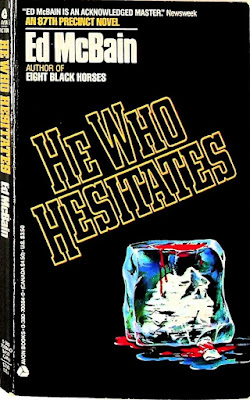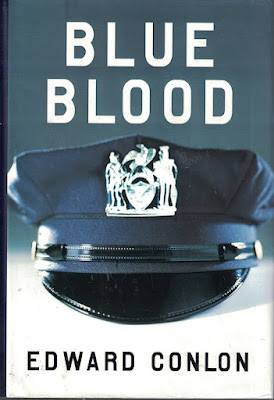Journalism is an institution in constant flux. Its truths are relative, its practitioners come and go, its one constant is change. That temporal quality is front and center in this piercing, sardonic look of a moment in time at the most venerable newspaper in America, The New York Times.
The year was 1969. The Times found itself at a crossroads. Younger writers chafed at the strictures of a century-old tradition that prioritized basic information over vividness and flair. Older executives held the line to maintain the paper’s preeminent status, however sedate.
Something had to give. But what?







































